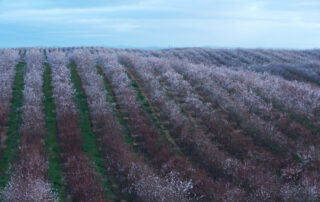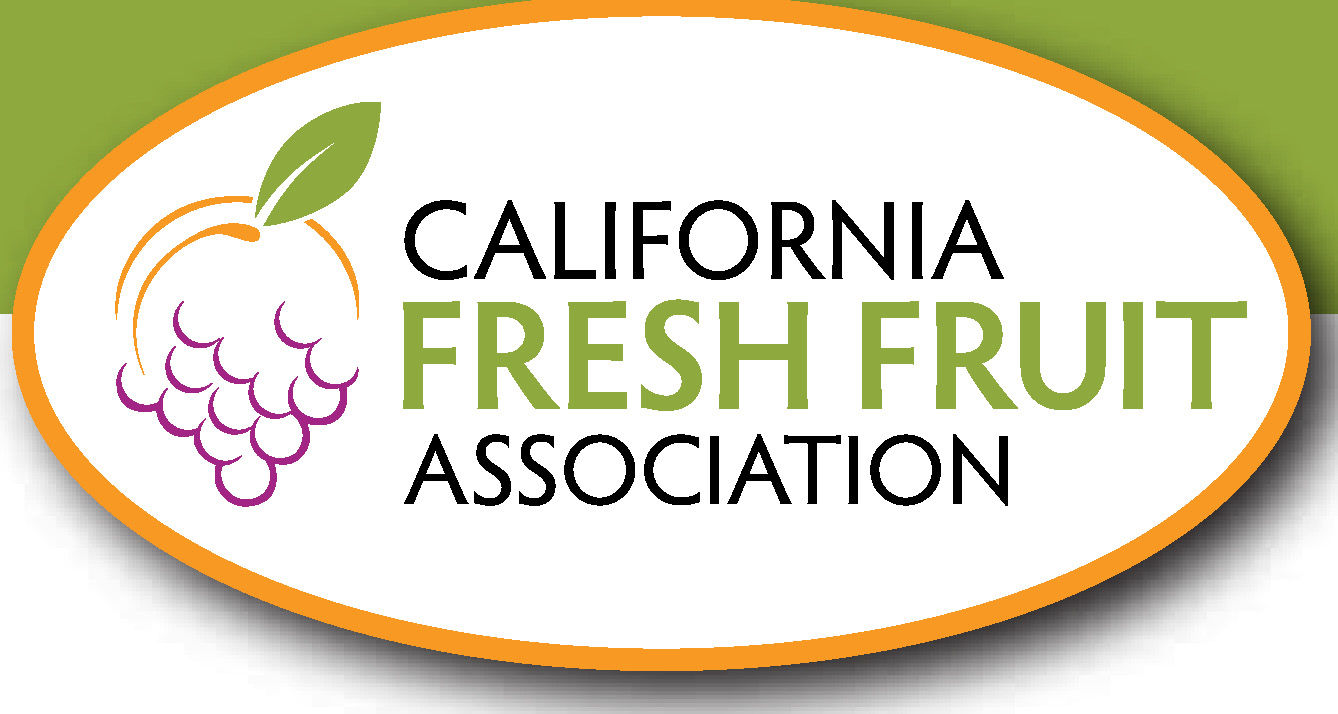CDFA ACCEPTING APPLICATIONS FOR URBAN AGRICULTURE GRANT PROGRAM
Courtesy of Steve Lyle with CDFA
CDFA’s Office of Farm to Fork is announcing that applications are being accepted from today through October 23 for a total of $12 million in grants from the 2023 Urban Agriculture Grant Program.
“The growth of urban agriculture is a means for expanding access to fresh produce, building community, providing workforce development, improving urban ecosystems, and increasing agricultural literacy,” said CDFA Secretary Karen Ross. “Consumers want to know where their food comes from, and they’re looking for ways to engage in meaningful work in their local community. This grant program serves these overlapping purposes and helps build healthier, more resilient neighborhoods.”
The Urban Agriculture Grant Program is a competitive grant program that funds projects enhancing the viability of urban agriculture across California. The funding for this program was made possible through the 2021-2022 California General Fund budget. CDFA is setting aside up to 10 percent of awards for tribal governments and tribal-based non-profit organizations. Applicants may apply for one of two tracks based on eligibility and project type.
Track 1: The Systems Builder Community-Based Block Grant – This is intended to increase capacity for community-based organizations with involvement in urban and regional food systems to provide pass-through funding that supports urban agriculture activities.
Track 2: The Urban Agriculture Practitioner Grant — This directly funds urban agriculture projects by supporting costs associated with items like infrastructure, equipment, operations, workforce development, community engagement, and technical assistance.
Visit https://cafarmtofork.cdfa.ca.gov/urbanag.html to view the Urban Agriculture Grant Program request for applications (RFA) and get information about a webinar about the application process scheduled for August 29.



















